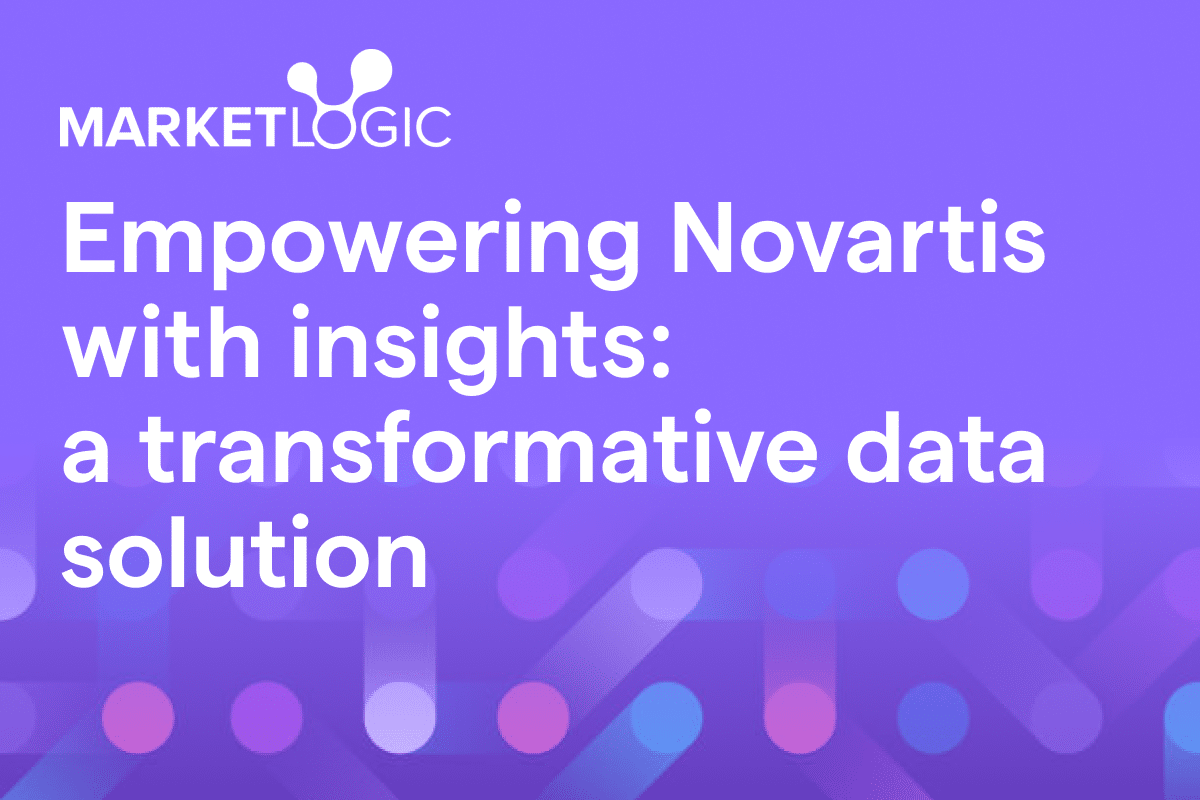Knowledge management is a strategic organizational process that involves creating, sharing, and utilizing information to achieve business objectives and maintain a competitive advantage. However, organizations today face an increasingly data-intensive environment that presents significant challenges, with organizations struggling to manage exponentially growing volumes of information scattered across siloed systems. This fragmentation, combined with the limitations of manual knowledge capture and organization, often results in decreased productivity and missed opportunities for innovation and growth.
Artificial Intelligence (AI) has emerged as a transformative solution to these challenges, fundamentally reimagining knowledge management through advanced technologies like natural language processing (NLP) and machine learning. Generative (gen) AI, in particular, represents a breakthrough innovation that enables automated knowledge creation, sophisticated summarization, and intelligent content delivery. These AI capabilities are revolutionizing how organizations like yours discover, process, and utilize their knowledge assets, moving beyond traditional manual approaches to create more dynamic and responsive knowledge management systems.
The business impact of AI-powered knowledge management is substantial and far-reaching. This technological advancement provides organizations with a distinct competitive advantage in an increasingly knowledge-driven economy, where the ability to effectively capture, manage, and leverage organizational knowledge directly correlates with market success and innovation capacity. Below, we’ll explore how AI is achieving this transformation and more.
Understanding gen AI in knowledge management
Gen AI represents a category of AI systems capable of creating new content, insights, and solutions based on existing data. In knowledge management, this encompasses large language models (LLMs) that can understand and generate human-like text, image generation systems that create visual content, and multimodal AI that can work with various data types simultaneously. These AI capabilities take simple automation to the next level as they include sophisticated analysis and the generation of new insights from existing knowledge bases.

The application of gen AI in knowledge management involves multiple layers of sophistication, from basic text analysis to complex pattern recognition and insight generation. These systems can process and analyze vast amounts of unstructured data, identify relationships between seemingly unrelated pieces of information, and generate new knowledge that might otherwise remain undiscovered through traditional knowledge management processes.
While AI capabilities continue to advance, important considerations remain regarding their implementation in knowledge management. These include potential biases in AI systems, ethical considerations around data usage and privacy, and the need for human oversight in knowledge creation and validation.
Organizations and technology providers can address these challenges through improved data quality measures, ethical and compliance monitoring, and the development of more transparent AI systems that support rather than replace human expertise. The focus is on creating AI-powered knowledge management systems that augment human capabilities rather than attempting to replicate them entirely.
How AI is transforming knowledge management
The future success of knowledge management largely depends on AI technologies, as enterprise organizations face increasing pressure to manage and utilize growing volumes of information effectively. AI-driven knowledge management enables organizations to automate tasks, including content tagging, extracting valuable insights from structured and unstructured data, and delivering personalized knowledge experiences at scale.

This transformation is reshaping knowledge management across all aspects of organizational operations, from daily information retrieval to strategic decision-making. Here’s how that’s happening and how Market Logic is keeping the pace:
Enhanced search and information retrieval
Finding the right information quickly is critical for informed decision-making. AI-powered search transforms this process, connecting people with the knowledge they need, when they need it.
AI is able to achieve this by understanding context, providing instant access to experts, and simplifying complex information in the following ways:
- Semantic search: Understanding intent is key. Semantic search goes beyond keywords, analyzing the meaning and context of queries to deliver highly relevant results. Market Logic’s enterprise-trusted insights engine DeepSights™, utilizes semantic search to surface hidden connections and uncover insights buried deep within your data.
- AI assistants: AI assistants offer users instant access to expertise. They provide 24/7 support, answering complex questions in natural language. DeepSights acts as a trusted AI-powered assistant, similar to ChatGPT, which allows users to interact with a virtual knowledge assistant. They can instantly access relevant market research, competitive intelligence, and internal best practices.
- Natural Language Processing (NLP): Breaking down language barriers, NLP empowers users to ask questions in their own words, regardless of technical jargon. DeepSights can also produce smart summaries, leveraging NLP to automatically generate concise summaries of complex documents, making it easier to quickly grasp key takeaways and share insights across the organization.

Automated knowledge capture and organization
Effective knowledge management hinges on the ability to capture and organize information efficiently. AI is revolutionizing this process by automating things like categorization, tagging, and insight extraction, creating structured knowledge from raw data. This reduces manual effort and ensures consistency.
Here’s how AI is revolutionizing the process:
- Automated categorization and tagging: Machine learning algorithms automatically categorize and tag content from diverse sources, eliminating manual effort and ensuring consistency. DeepSights features content connectors that automatically aggregate data from diverse sources, applying intelligent tagging and categorization to make information instantly searchable and usable.
- Intelligent insight extraction: NLP extracts key insights from unstructured data, transforming raw information into actionable insights. DeepSights offers the most trusted extraction feature that uses NLP to automatically summarize key findings from market research reports, news articles, and other unstructured data sources, making it easier to identify trends and understand the big picture.
- Automated data refreshing: AI automates the updating of information, ensuring data always remains current and relevant. DeepSights automatically updates aggregated data, ensuring users always have access to the latest insights and minimizing the resources required for manual updates. This ensures that decisions are always based on the most up-to-date information available.
Personalized research and content development
Effective knowledge management isn’t just about storing information — it’s about empowering teams to make better, data-driven decisions. AI-powered systems personalize access to critical information, enabling users to quickly find what they need for their roles and drive better business outcomes via:
- Personalized content recommendations: AI analyzes user behavior and information needs to recommend relevant content and insights tailored to individual roles and responsibilities. DeepSights uses AI to suggest relevant market research, competitive analyses, and other critical materials, ensuring users quickly find the information they need. This helps insights professionals and stakeholders stay on top of topics that matter to them and discover related content they might have otherwise missed.
- Knowledge gap identification: AI identifies areas where information is lacking, helping researchers refine their work and avoid redundancies. DeepSights WorkSpace helps pinpoint areas where additional research or analysis may be needed, enabling users to build upon existing findings and ensure comprehensive insights. This prevents duplicative research and facilitates the initiation of new research that builds upon existing knowledge.
- Summarization and synthesis of vast resources: AI can automatically summarize key findings from multiple sources, synthesize disparate data points into cohesive narratives, and even generate draft reports or presentations. DeepSights leverages AI to condense vast amounts of information into easily digestible summaries, allowing users to quickly obtain essential insights and accelerate their research or content development process. This empowers users to efficiently create impactful reports, presentations, and other deliverables tailored to specific audiences and needs.

Improved decision-making
AI empowers organizations to leverage data for strategic advantage, providing predictive insights and objective analysis. AI-powered knowledge management systems analyze vast amounts of data, identify patterns that humans might miss, and generate forecasts to inform strategic planning, allowing leaders to anticipate market shifts, identify emerging opportunities, and make data-backed choices that drive better outcomes.
There are three ways in which AI is and will continue to improve decision-making:
- Predictive insights: AI analyzes data to forecast future scenarios, enabling proactive identification of opportunities and challenges. DeepSightsMarket Logic leverages gen AI for competitive intelligence to help spot market trends, allowing organizations to anticipate changes and adapt strategies.
- Data-driven recommendations: AI-powered analytics are designed to provide actionable and objective insights that support data-driven decisions. DeepSights’ access to diverse data sources enables the synthesis of vast amounts of information, providing deeper insights into markets and consumers through easily digestible summaries that empower data-driven recommendations.
- Reduced bias and improved consistency: AI-driven insights reduce bias and improve strategic planning the same way it supports data-driven decision-making: By providing objective, data-driven analysis. DeepSights ensures decisions are based on a shared, comprehensive market understanding, minimizing subjective interpretations and flagging critical data issues like contradictions, inconsistencies, and outdated data so teams can feel more confident in their decision-making.
Take your knowledge management system into the future with Market Logic
The evolution of AI in knowledge management represents a fundamental shift in how organizations create, manage, and utilize knowledge. By leveraging AI-powered knowledge management systems, organizations like yours can automate repetitive tasks, improve knowledge sharing, and gain valuable insights for better decision-making. The way AI is shaping knowledge management — and will continue to shape it — is what will enable organizations to maintain their competitive advantage while improving operational efficiency and even greater innovation capacity.
Market Logic stands as a trusted partner in this transformation, offering an AI-driven knowledge management platform that addresses the complex needs of enterprise organizations. Its solution combines advanced AI capabilities with robust knowledge management processes in its award-winning DeepSights™ solution that helps organizations maximize the value of their knowledge assets and remain competitive in oversaturated markets. Schedule a demo today to learn more.








